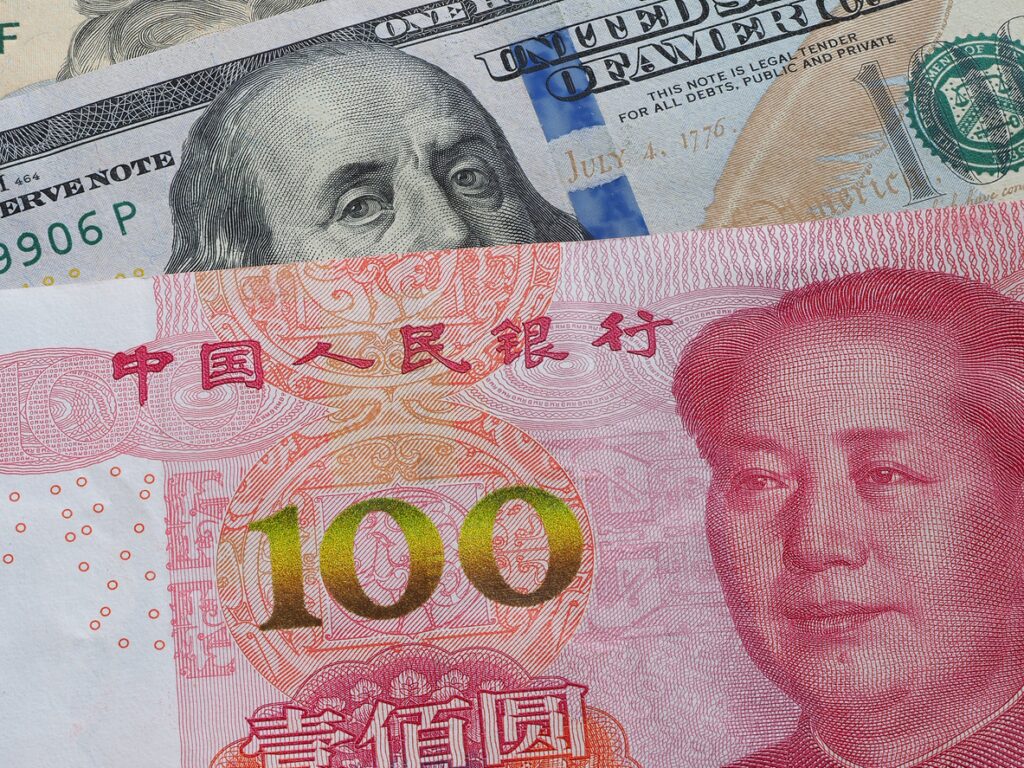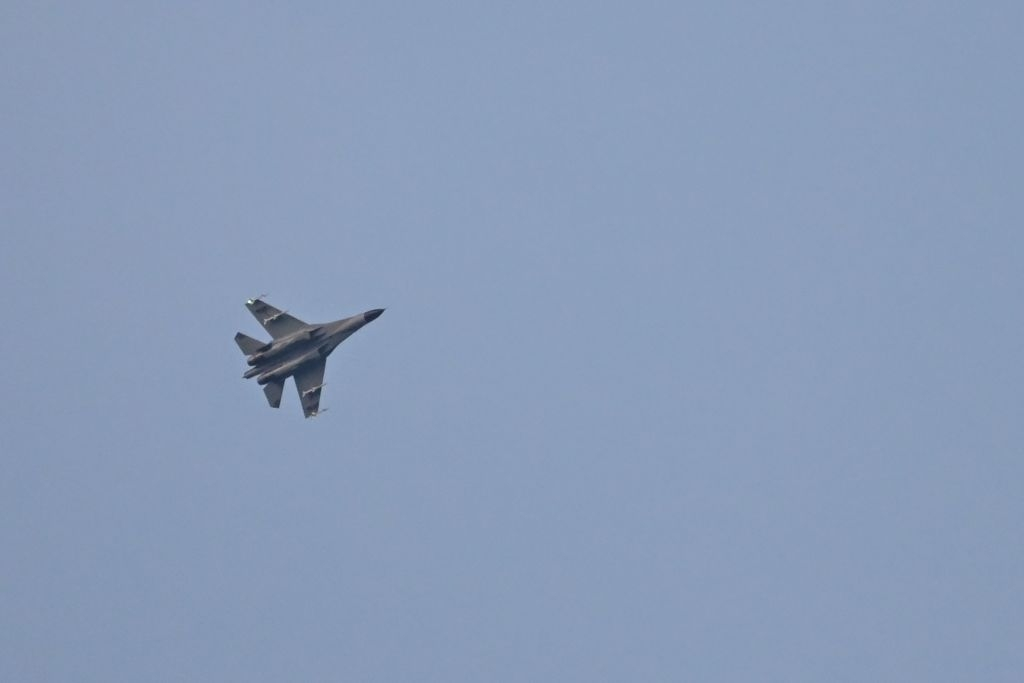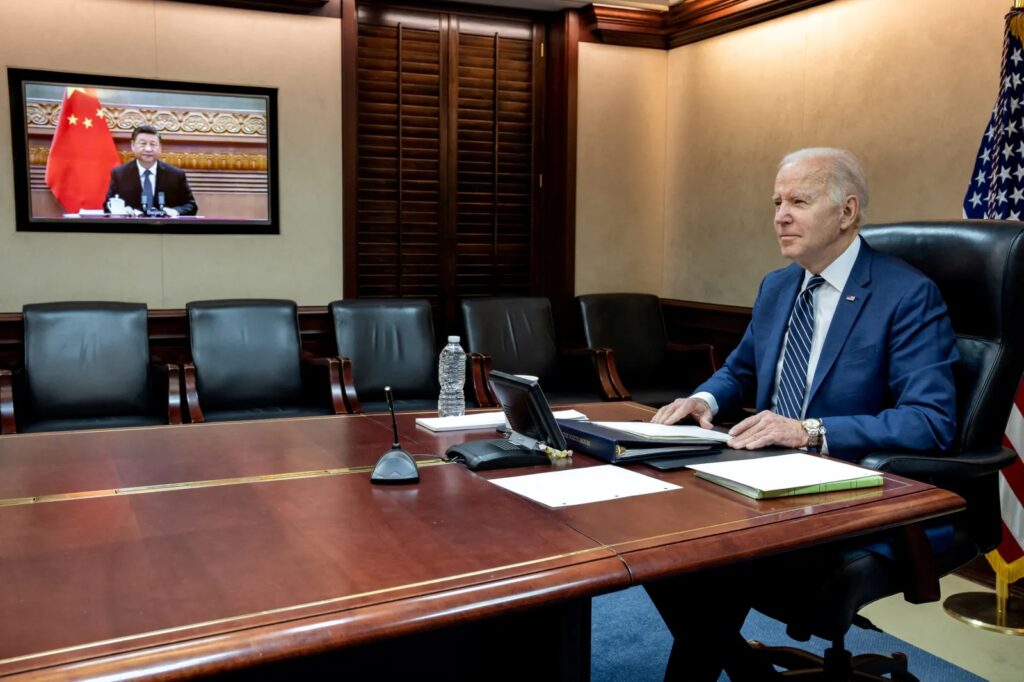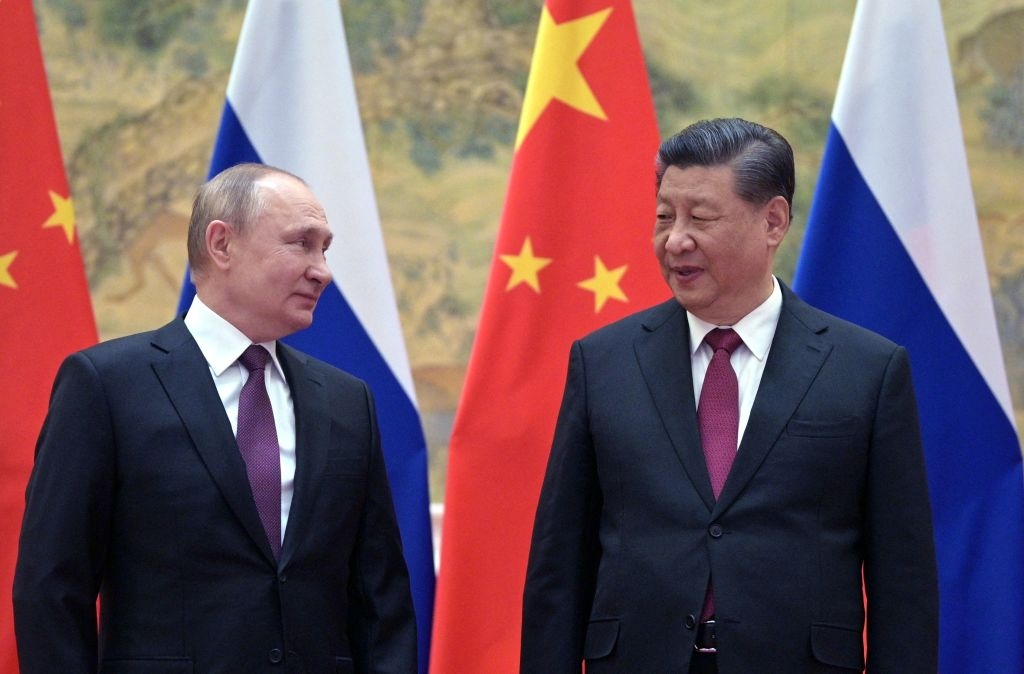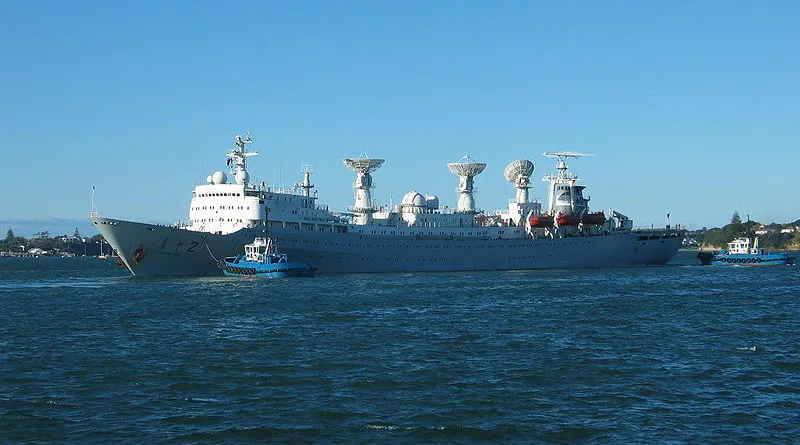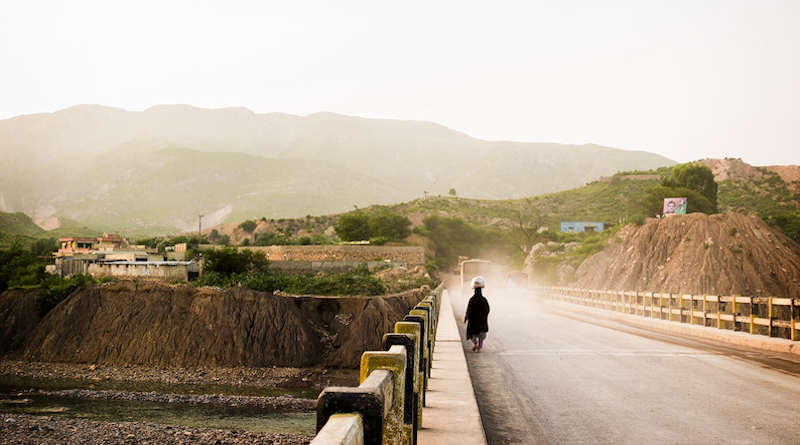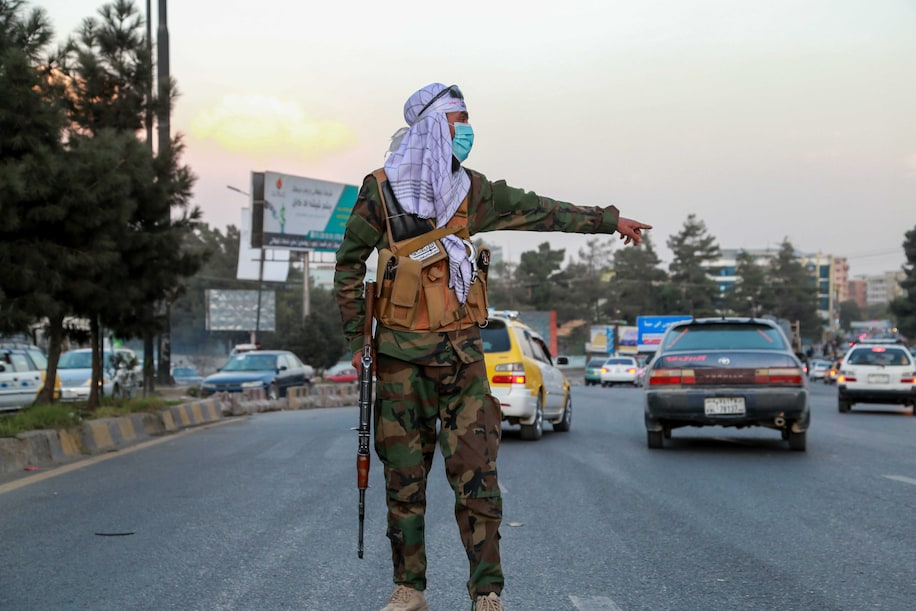Afghanistan’s Security Challenges under the Taliban
One year after the Taliban seized power in Afghanistan, fighting has decreased considerably. Yet serious security problems remain, not least the foreign militants still in the country. External actors should press the new authorities to fulfil their commitments and avoid any steps that could reignite large-scale violence.

